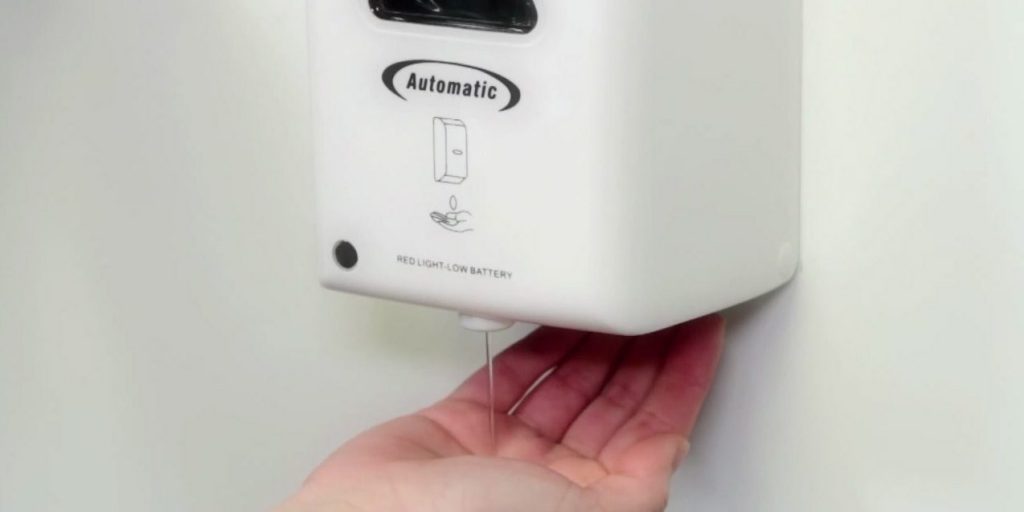Importance of Hand disinfection
Hand hygiene is the cornerstone of infection prevention and control (IPC). When timely and optimally performed, it reduces healthcare-associated infections (HAIs), antimicrobial resistance, health costs, and saves lives. Poor compliance with hand hygiene practices remains both a problem and a challenge for IPC practitioners all over the world.
Hand disinfection is considered the most important tool for infection prevention in hospitals and clinics. Awareness of the benefits of hand hygiene in public spaces is also on the rise due to the novel coronavirus.
Research from the Centers for Disease Control and Prevention finds that 20% of respiratory infections (e.g., the common cold) can be prevented through handwashing. Precluding these everyday illnesses through handwashing can also have a much broader positive effect on overall wellbeing, as reducing infections helps avoid overuse of antibiotics, which is the leading cause of antibiotic resistance around the world. As health and well-being are intricately tied to personal hygiene, long-term care facilities should continue providing proactive solutions for an environment that is less conducive to spread.

cdc, prevention, healthcare, infection, hand washing, sanitizing